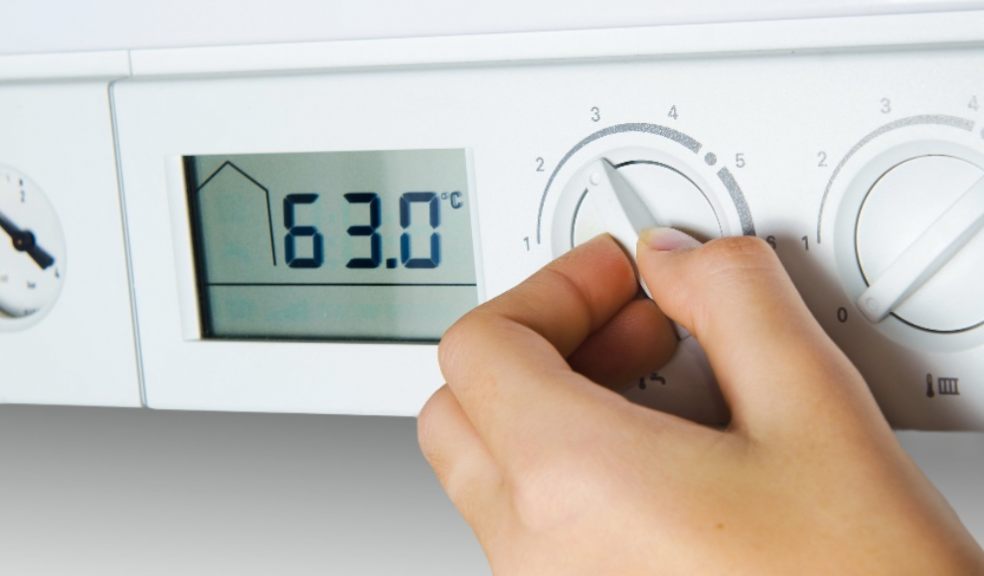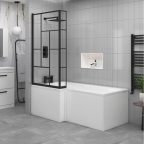
Which Heating System Is Most Efficient
Looking to get a reliable heating system for your home/workplace? Whilst evaluating your options from amongst the different types of heating systems, it is very important to be aware of the benefits and drawbacks in order to make a good decision. With numerous appliances such as gas boilers, heating pumps, electric heaters and furnaces, it can become difficult to decide which system might be the perfect one for you.
From this informative article, you would gain all knowledge related to the best heating systems and you will be able to choose the right one for your requirement.
Most Efficient Heating System
Heating efficiency is a very important factor that needs to be taken into consideration whilst choosing a heating system. After all, what good is a heating system that does not provide heating effectively? We’ve compiled a list of pros and cons for different heating systems below:
- Furnaces
- Boilers
- Heat pumps
Furnaces
The most efficient and affordable heating system is a gas furnace. According to one research, it is proved that almost 50% of houses in the US use furnaces for heating purposes.
- Efficiency of Furnaces
Gas is lately the most popular fuel for heating. The efficiency of furnaces is measured in the AFUE rating that is in the form of a percentage. The percentage is directly proportional to the heat used by the furnaces. It is also important to check the emission of furnaces because your decision also influences the environment.
- Advantages and Disadvantages of Furnaces
Advantages
- Furnaces are very affordable as compared to other heating systems.
- They provide excellent heating
Disadvantages
- The most efficient gas furnaces have high operating costs but they provide the same efficiency as other appliances provide.
- They produce emissions that may harm the environment
Boilers
Boilers come in two main types, steam or hydronic systems. A steam boiler utilizes steam to provide heat by circulating it to radiators. Hydronic boiler systems boil water to a specific temperature and circulated through tubing, piping, baseboard heaters or radiators.
Advantages and Disadvantages of Boilers
Advantages:
- Very clean and hygienic - no allergens or particles blown in your house
- Easy to control distribution of heat
- Do not make much noise
- Even heat distribution as compared to other air systems
- Less operational cost than air systems
- Very little maintenance required
Disadvantages:
- Installation Cost is higher than forced air systems due to the need for ducts and piping
- Expensive replacement parts
- Thermostat changes take a while to respond
- Risk of water leaks (Very Uncommon)
Heat Pumps
There are numerous types of heat pumps available on the market. For example, the split heat pump is ductless and has air-source system. The air source system is a system in which the heat is expelled out in the air, and this is opposite to the geothermal system. Mini means small because both units are smaller in size.
- Operational Process
Systems consist of an outer unit that performs to 8 inner units. To heat the room the outdoor unit collects all the heat from the outside environment then filters it and added to the room with the help of an indoor unit.
- Efficiency
Due to the fact that they do not rely on combustion to produce warm and cold air, electric fuel pumps are becoming increasingly popular. It also utilizes less natural gas and electricity as compared to other heating systems. By purchasing one of these, you are contributing to the preservation of the environment by not releasing any greenhouse emissions.
It is important to remember that heat pumps do not produce heat, they only collect and filter it. The other thing is that the inverter technology has a precise capacity for cooling and heating. There is no over and underproduction of heating or cooling occurs.
Due to their low utilization of electricity, you can save tons of money on your bills. Your exact savings are dependent on the cost of natural gas in your area, the climate, season, insulation type and other factors.
Advantages and Disadvantages of Heat Pumps
Advantages:
- Since there is no combustion involved, these pumps are very safe
- Low operational costs as compared to boilers
- Reduced carbon emissions and higher efficiency
- Long lifespan
- Steady heat source
Disadvantages
- High installation cost
- Difficult to install – many factors have to be considered for example local geology etc.
- Lengthy installation process, work would have to be done on the building itself
Final Words
In this article, different types of heating systems have been discussed. From the efficiency level and pros and cons of each heating system, we would recommend fuel pumps due to their high efficiency, lower utility consumption and low emissions. Although, if you’re looking for affordability, furnaces would be the best choice for you.













